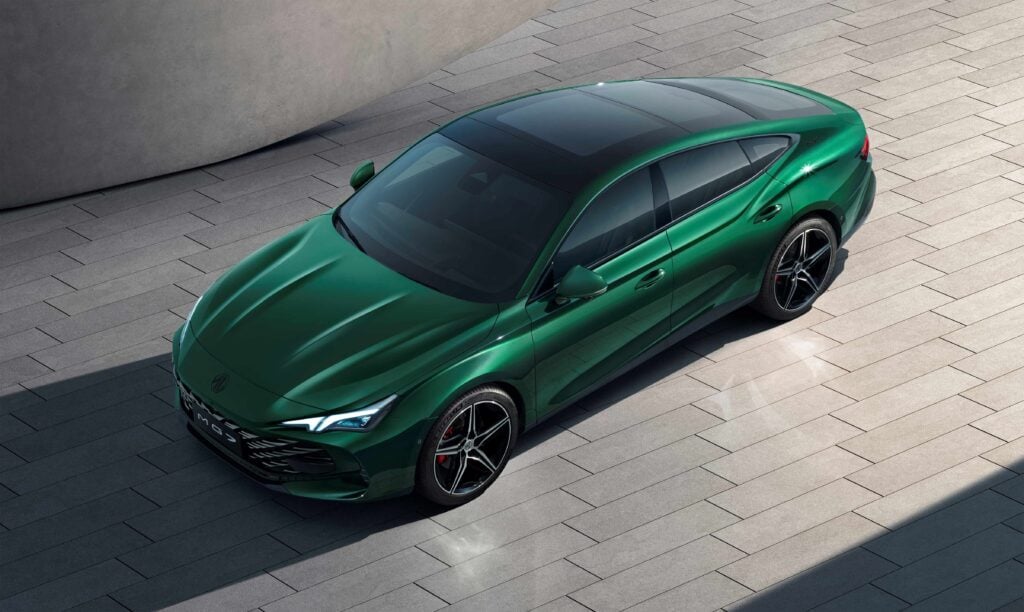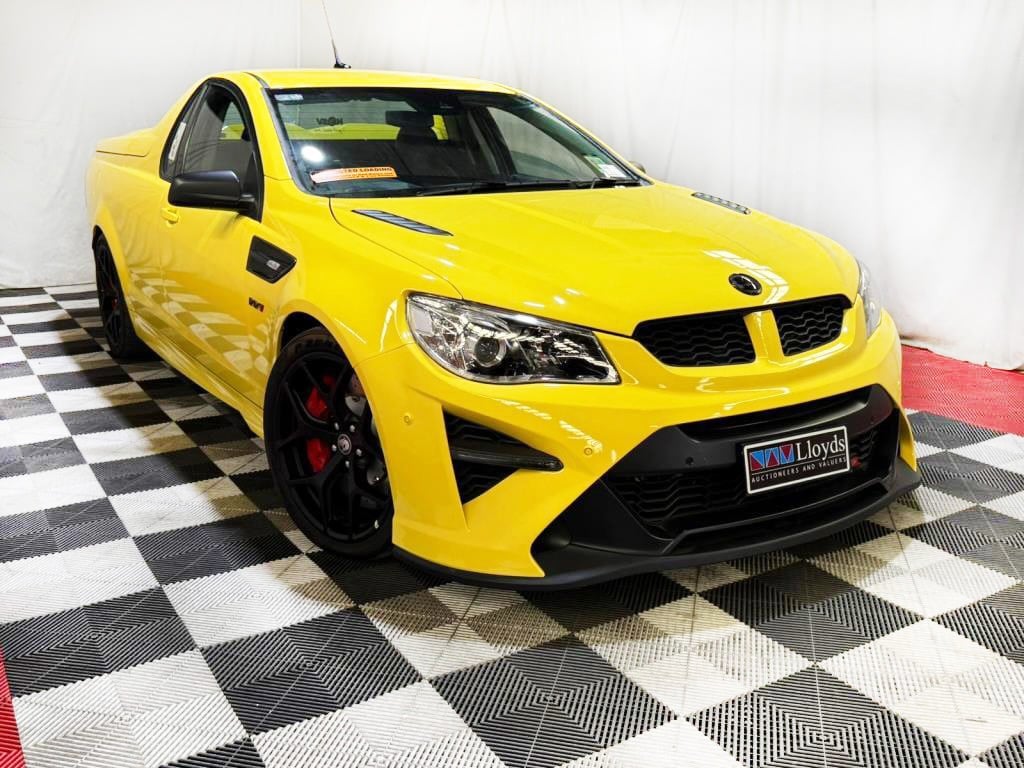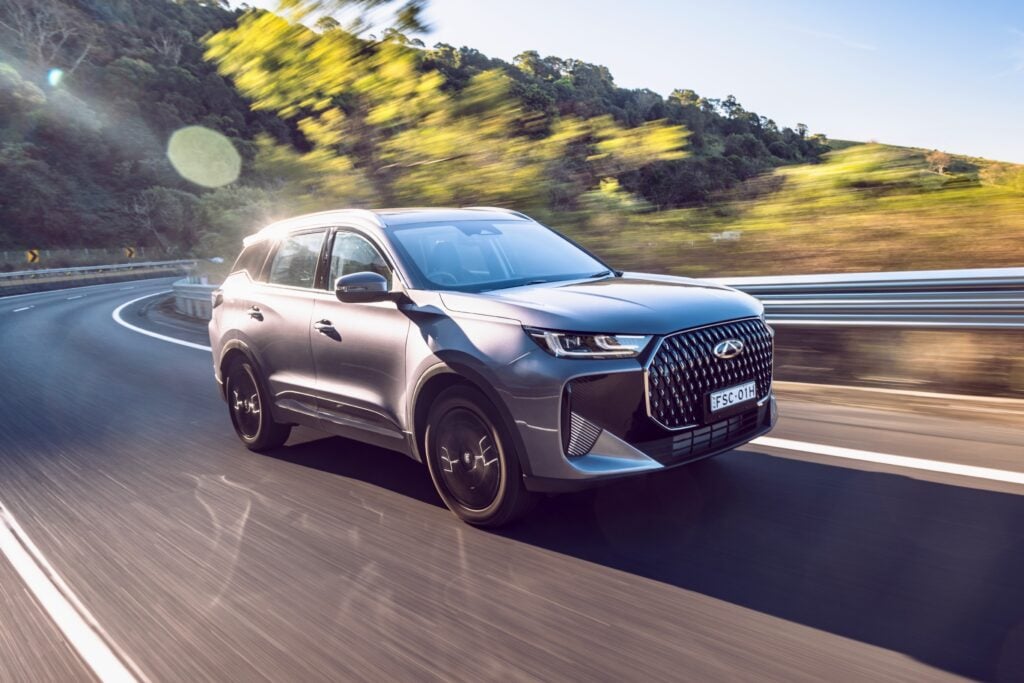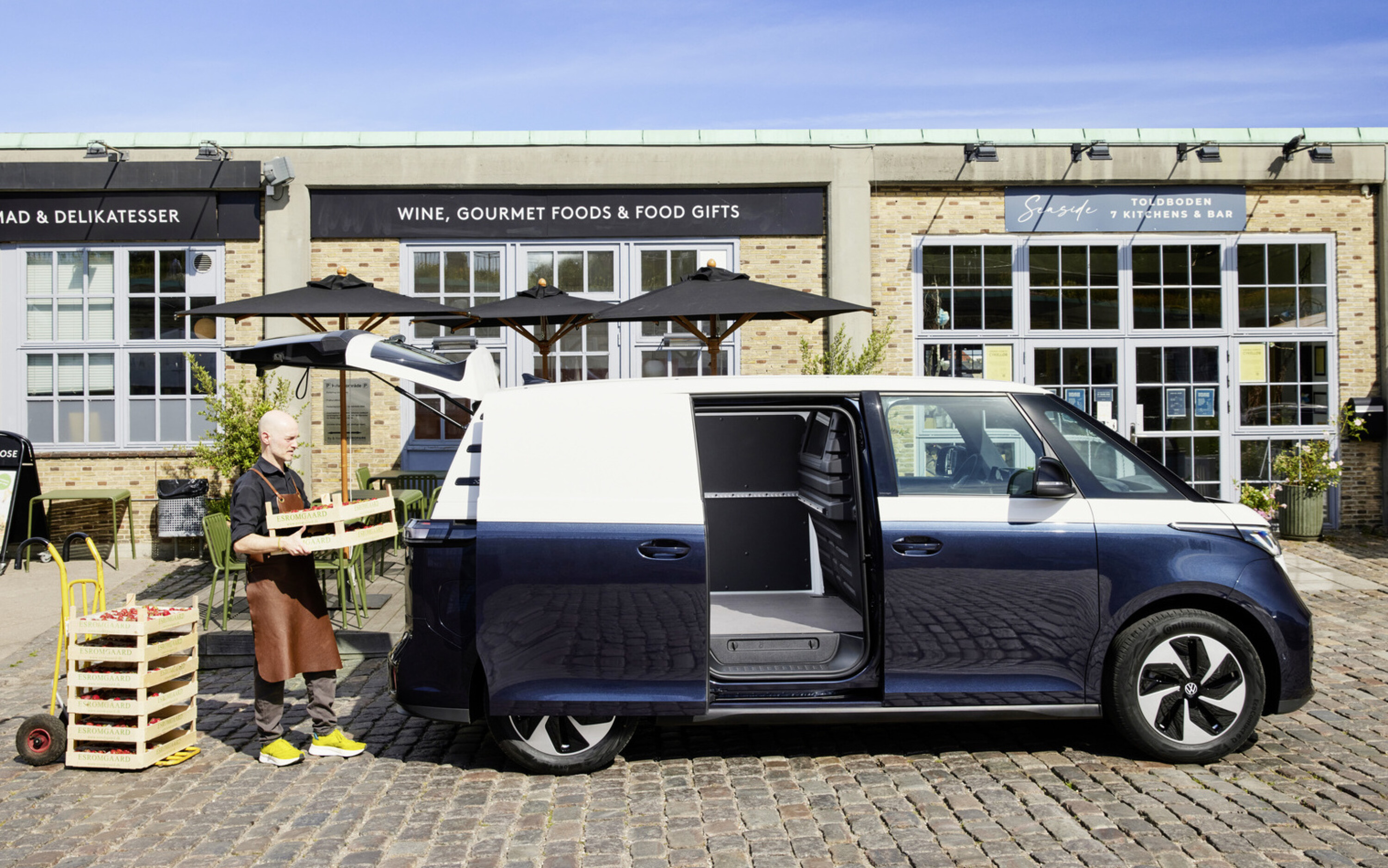
As the world’s obsession with SUVs and big truck utes continues unabated, it can be easy to forget that the iconic van is still a popular segment.
For those in the market for a big box, or perhaps considering a switch from something less capacious, here’s what is on the horizon.
JUMP AHEAD
- Ford E-Transit Custom
- LDV eDeliver 7
- Mercedes V-Class facelift
- Peugeot e-Expert
- Renault Kangoo E-Tech
- Renault Master
- Volkswagen ID.Buzz Cargo
- Volkswagen Transporter 7
Ford E-Transit Custom
Ford and Volkswagen make some of the most successful vans in automotive history, so who better to build you your first electric van?
The E-Transit Custom shares its underpinnings and electric powertrain with its Volkswagen Transporter equivalent, both coming from the same Turkish factory and going on sale in 2024.
E-Transit Custom will be the first of the brand’s electric vans sold here, with a previous gen sold in Europe.
The 2024 version is equipped with the electric Ford F-150 Lightning’s 74kWh battery pack and a 160kW/415Nm electric motor for a WLTP-rated range of 380km.
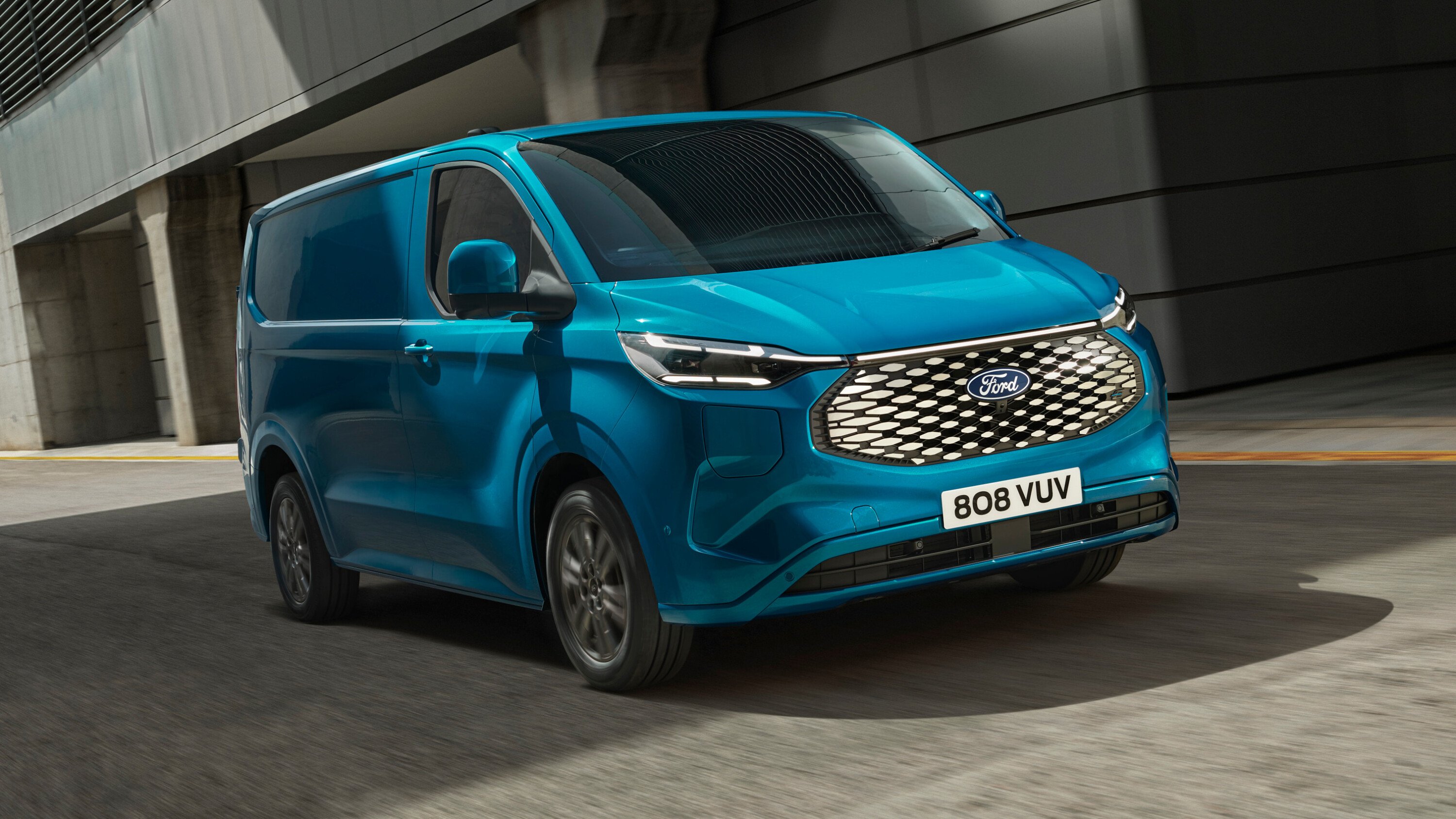
Critical to keep a working E-Transit on the road, Ford says the 124kW charging capability can provide an 80 per cent top up in 41 minutes (yes, 41…) and 38km of driving after only five minutes.
Cleverly, the floor is set 100mm lower than the previous diesel Transit Custom, and Ford’s specifications show no loss of cargo space between electric and diesel models.
That – and Transits reputation – should place it in good stead, although we’d advise seeing what your local Volkswagen dealer can offer, too….
LDV eDeliver 7
The Deliver 7 loses some if its fake-Ford Transit looks with a fresh look that will start off in electric form before a diesel version arrives in Australia down the track.
Replacing the LDV G10 that’s been on sale here since 2010, the eDeliver 7 is more Transit Custom size where the eDeliver9 rivals the larger Transit.
Locally, short- and long wheelbases will be on the menu, along with low and high roofs with the electric package offering an E-Transit matching 380km with an optional 88kWh battery.
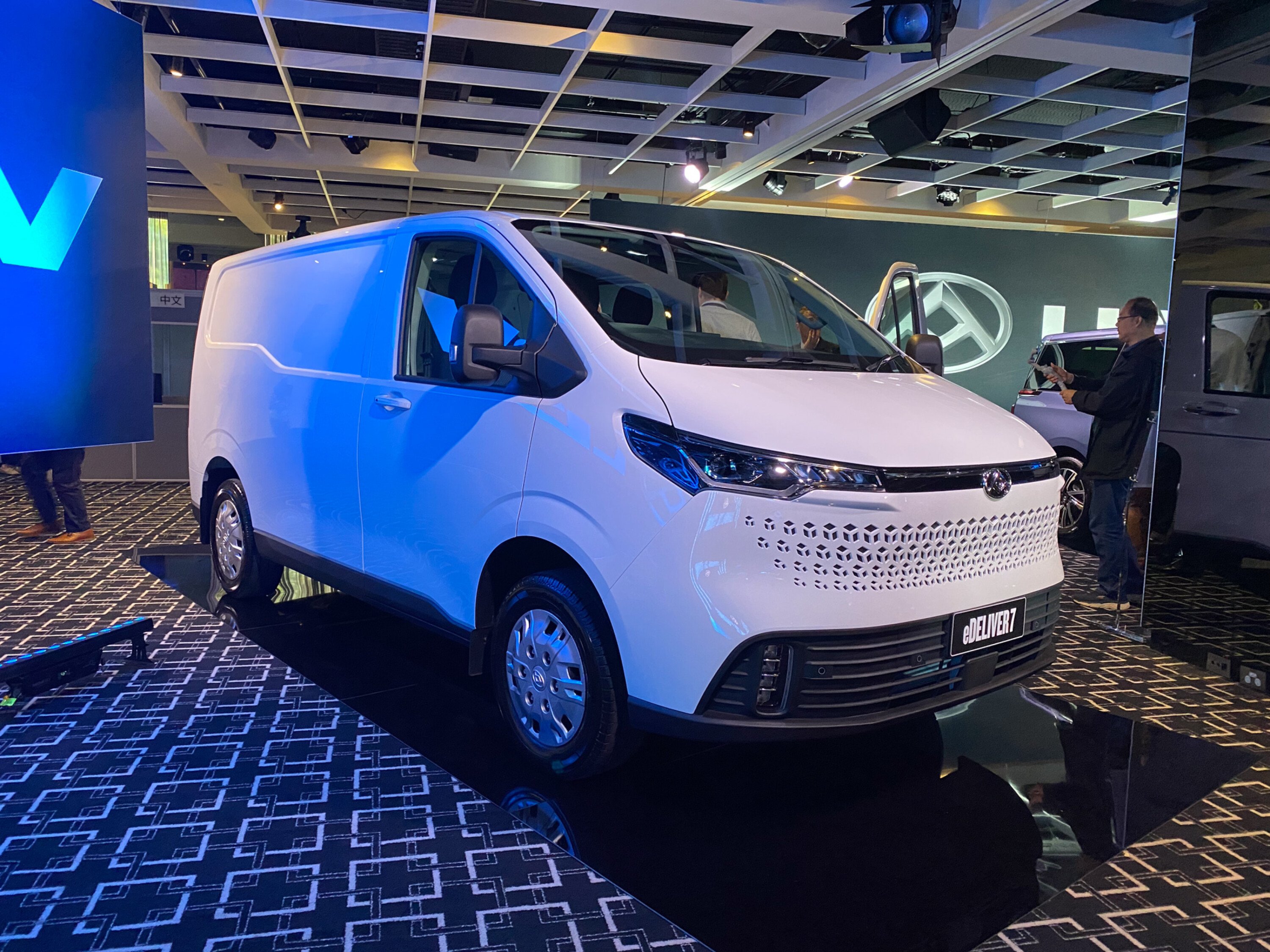
The standard spec with its 77kWh battery should deliver a claimed 300km range, using the same 150kW/330Nm motor.
For 2024, the eDeliver 7 will bring much better tech than the G10, including AEB, Lane Keep Assist and Adaptive Cruise, as well as better interior tech including a 360-degree camera.
It will face the electric vans including the Peugoet E-Expert, forthcoming T7 Volkswagen Transporter, and ironically the Ford E-Transit Custom that its design previously aped.
Mercedes V-Class facelift
The decade-old W447 V-Class will have a new flagship in the electric EQV as part of its broader 2024 update before an all-new platform lands in 2026.
That’s an issue for some fleet buyers, as its 5-star ANCAP rating expired in 2022 – and it won’t be retested to earn a newer rating.
Regardless, a new nose sees redesigned headlights and combined illuminated front grille cluster, while LED tail-lights, five new colours and fresh alloy wheel designs revitalise the V-Class’s exterior.
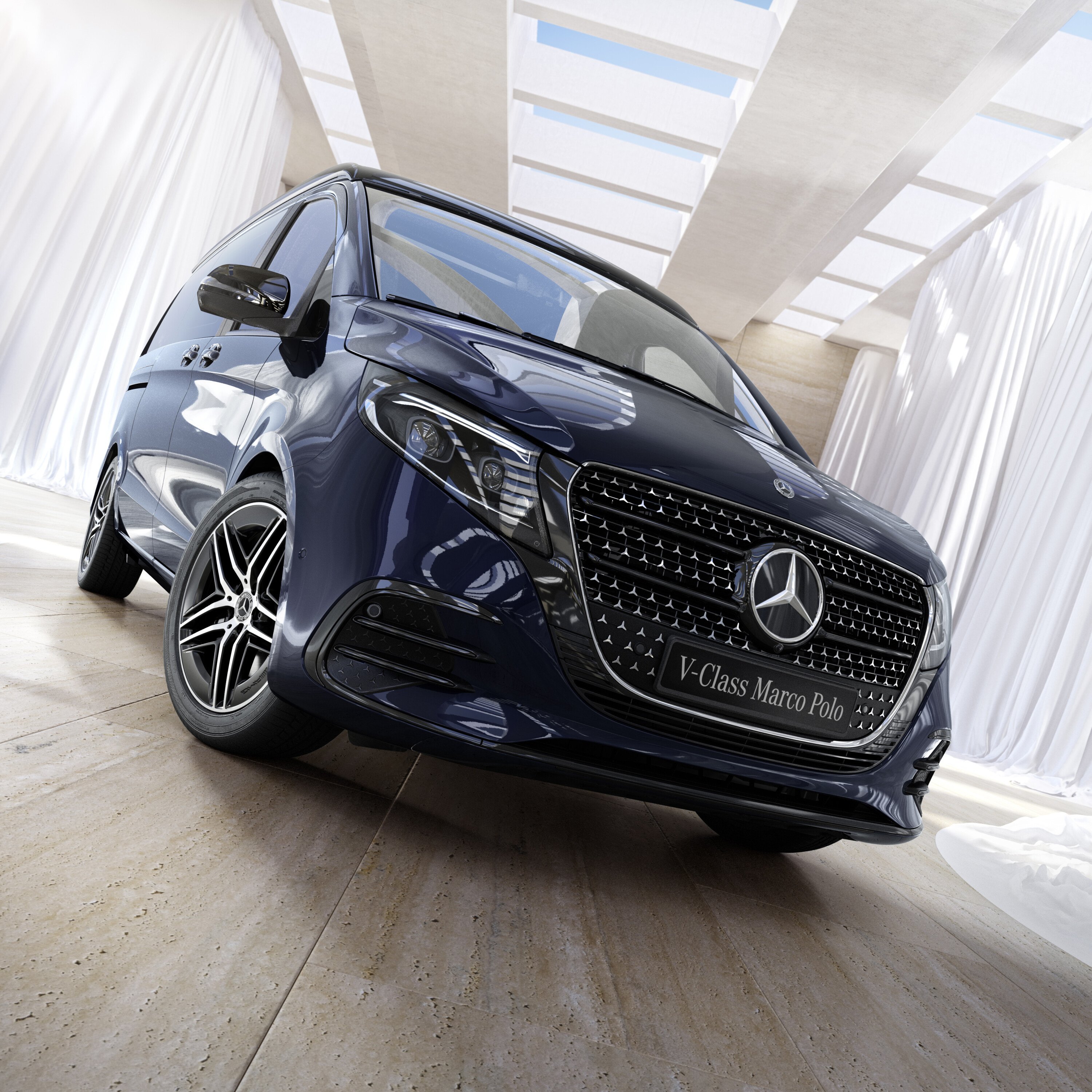
The cabin scores Mercedes’ a redesigned wood-look dash with twin 12.3-inch displays, 64-colour ambient lighting settings and a new steering wheel featuring capacitive controls, with seating options for up to eight.
The EQV will be offered in mid-spec Avantegarde trim, with three-tier line-up of Exclusive, Avantegarde and Style set to continue.
An optional AMG styling package will also remain on offer, now including a sports grille, with the same 2.0-litre turbo-diesel engines expected across the range.
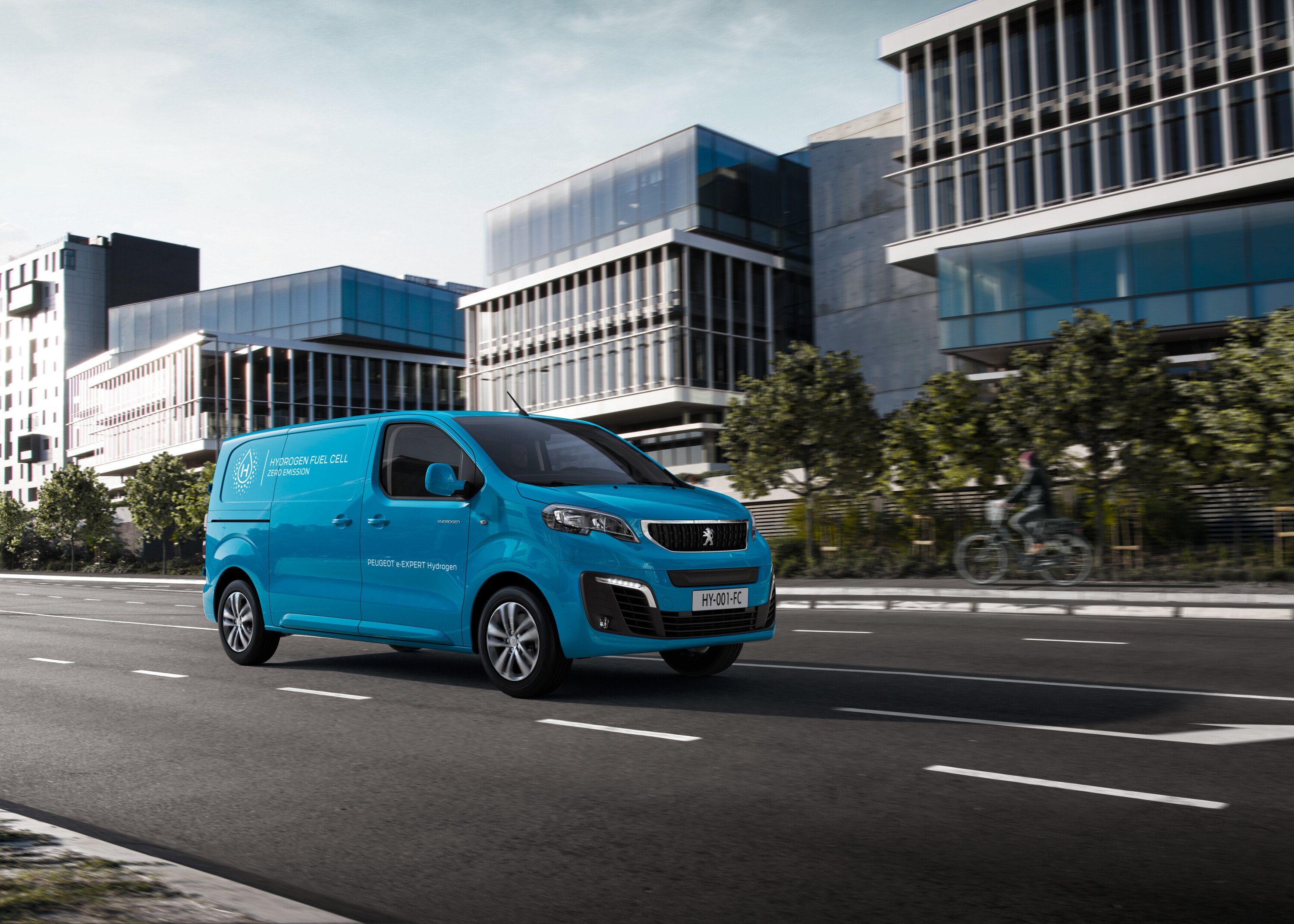
Peugeot e-Expert
Forgive the e-Expert’s awkward name as the mid-size van looks to add a dash of style to the electric van wars.
It will be Peugeot’s second electric van after the smaller e-Partner went on sale in 2023, and is expected to be offered in a single electric spec.
While Australian spec is not yet locked in, the UK version sees the e-Pug with a 100kW/260Nm motor – poached from the e-208 and e-2008 –driving the front wheels with 50kWh and 75kWh battery packs for a 230km WLTP range.
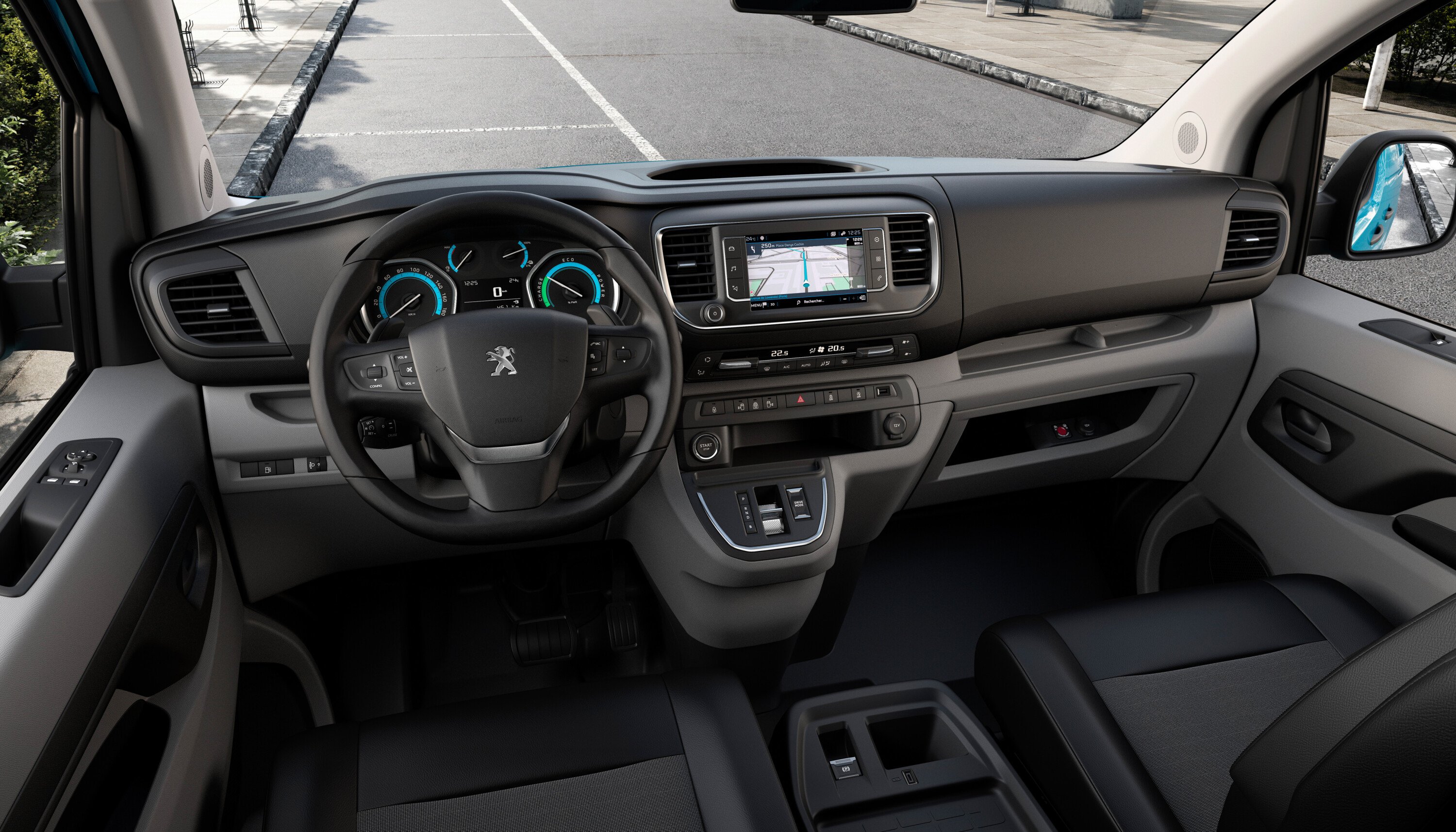
That’s not as far as the Ford/VW twin rivals, nor as powerful, meaning Peugeot will have to price the e-Expert keenly if it’s to make a name for itself Down Under.
Using the diesel versus electric premium for the smaller e-Partner would make the e-Expert around $70k.
Renault Kangoo E-Tech – Q1
The new-generation Kangoo E-Tech is the new name for the Kangoo ZE it replaces, and it comes with more than double the power and 20 additional Newton-metres for 90kW/245Nm. It also has a longer, 285km range, upping its practicality.
That increase is courtesy of a heat pump, which is also used to heat and cool the Kangoo’s larger cabin more efficiently.
Clever tricks include ‘Easy Side Access’, a system removing the B-pillar on the passenger side for easier access to the loading area – whose opening is twice the size of its predecessor with up to 3.9 cubic metres, or 4.4 cubic metres in a longer-wheelbase model.
The $61,990 short-wheelbase Kangoo E-Tech offers a 523kg payload, while a $2K premium for the long-wheelbase brings a 668kg payload.
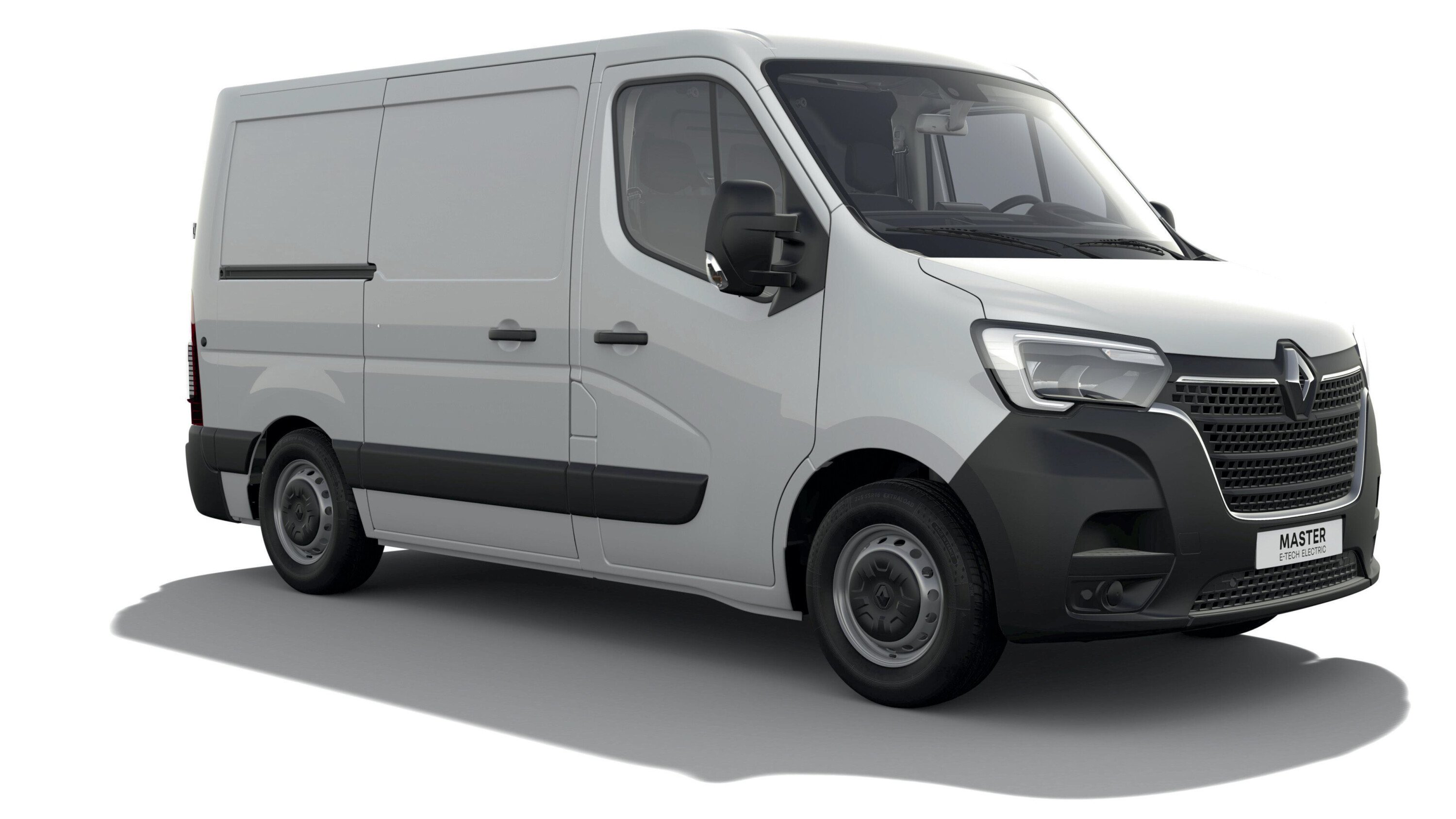
Renault Master – H1?
The 2024 Renault Master is all new, replacing the existing model that has been in showrooms since 2010 – and how the world has changed since then.
A contemporary digital-laden cabin with a 10.0-inch centre-screen angled towards the driver, a passenger-car multi-function steering wheel that is used for the automatic’s gears, saving space by replacing the need for a shifter.
Diesel, battery and hydrogen powertrains have been confirmed for Europe in a larger body that has been aero optimised to maximise fuel efficiency, whether you’re burning diesel or pumping electrons, which also helps make the cabin quieter.
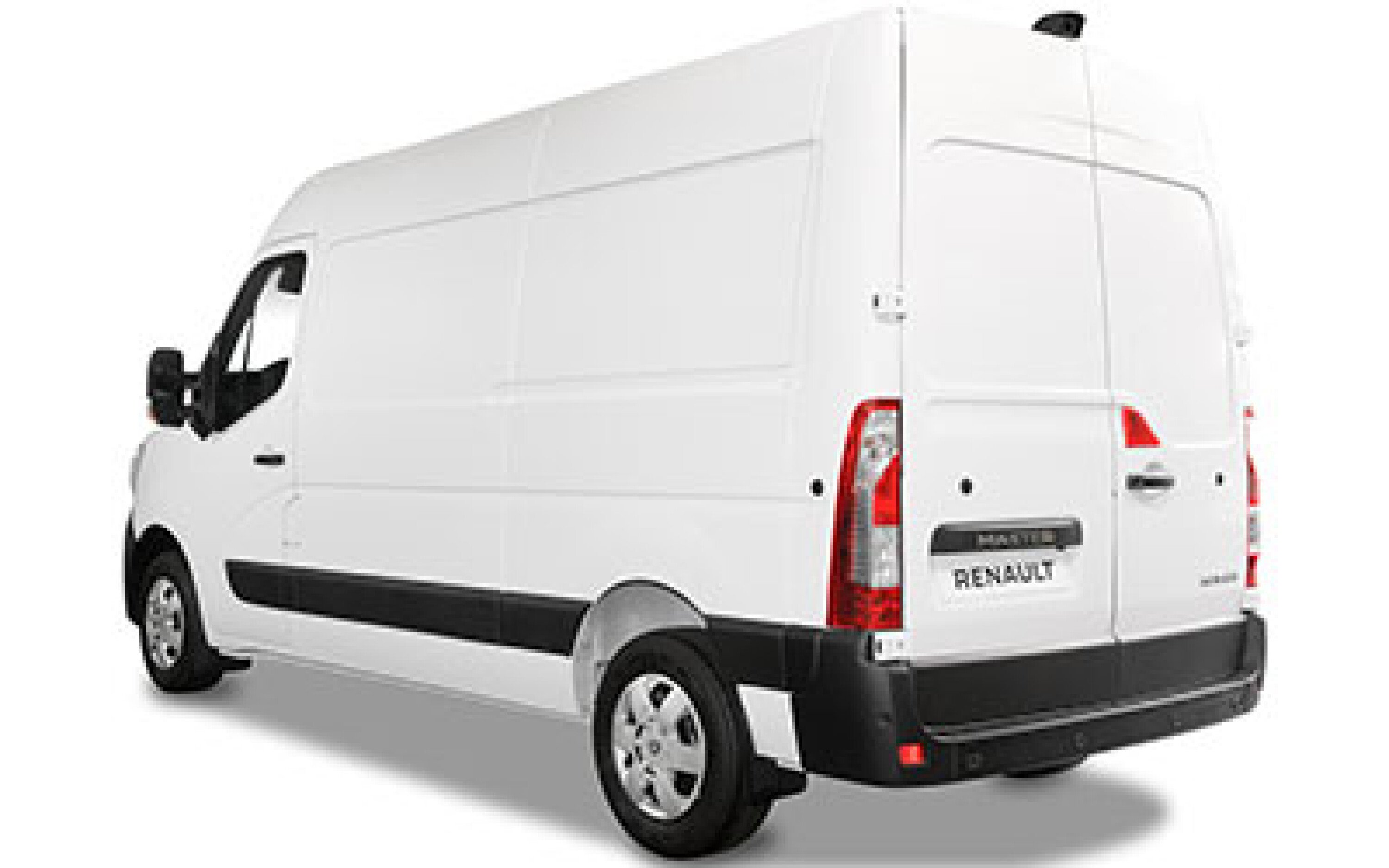
That’s an achievement given the new Master’s body was too big for a full-size wind tunnel test, Renault using smaller scale models instead.
Renault claims best-in-class loading width and depth, despite the it being narrower.
Volkswagen ID.Buzz Cargo – Q4
VW’s 21st-century take on the classic Kombi will naturally feature a load-carrying spin-off in addition to a people-mover.
As with the ID.Buzz family transporter, the ID.Buzz Cargo will be fully electric – making it the German brand’s first ever all-electric van.
Details for Australia are yet to be confirmed but the Cargo is expected to come with a 77kWh battery, feeding a 150kW/310Nm rear electric motor.
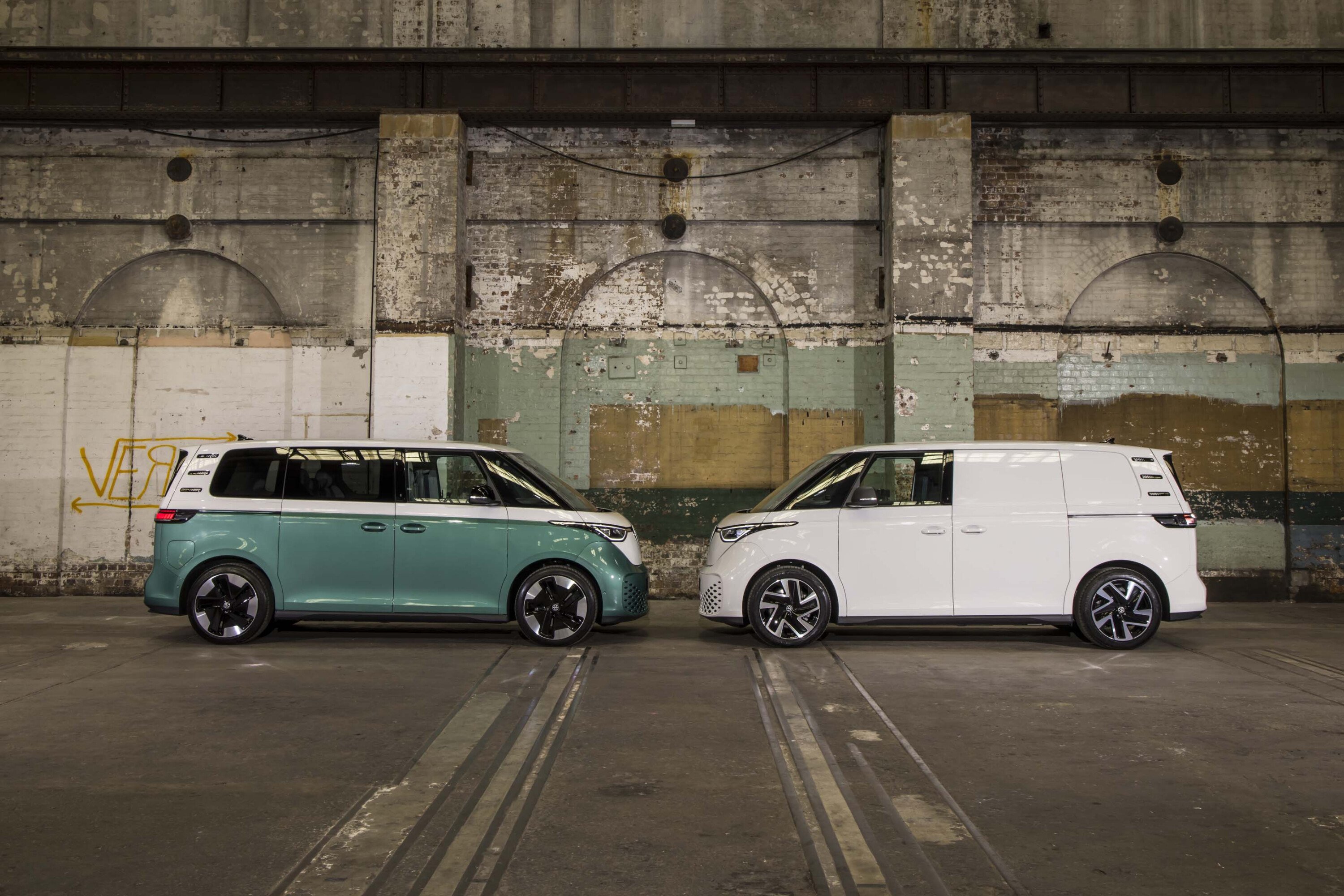
A range of more than 400km is quoted on the WLTP (European test) cycle.
To be offered only in short-wheelbase form, the 4.7m-long Cargo will provide a maximum cargo hold of 3.9 cubic metres with a maximum load length of 2.2 metres – enough space to accommodate two Euro Pallets, according to VW.
The payload is 650kg.
The work van will be easily distinguished from the people-mover, with different (read more durable/practical) interior trim finishes and window-less panels on the back.
Volkswagen Transporter 7 – Early 2025
We’ll see the latest generation of VW’s long-running Transporter series revealed in 2024, though Australian sales may not commence until early 2025.
For now, all we know is that the ‘T7’ will be a twin to the Ford Transit Custom as part of a commercial-vehicle alliance that has already spawned the closely related Volkswagen Amarok and Ford Ranger utes.
The new Transporter can be expected to share plenty of panels and components with the Transit Custom, with at least a differently styled front end bringing some differentiation.
Powertrains are expected to include a mix of diesel, plug-in hybrid and electric.

